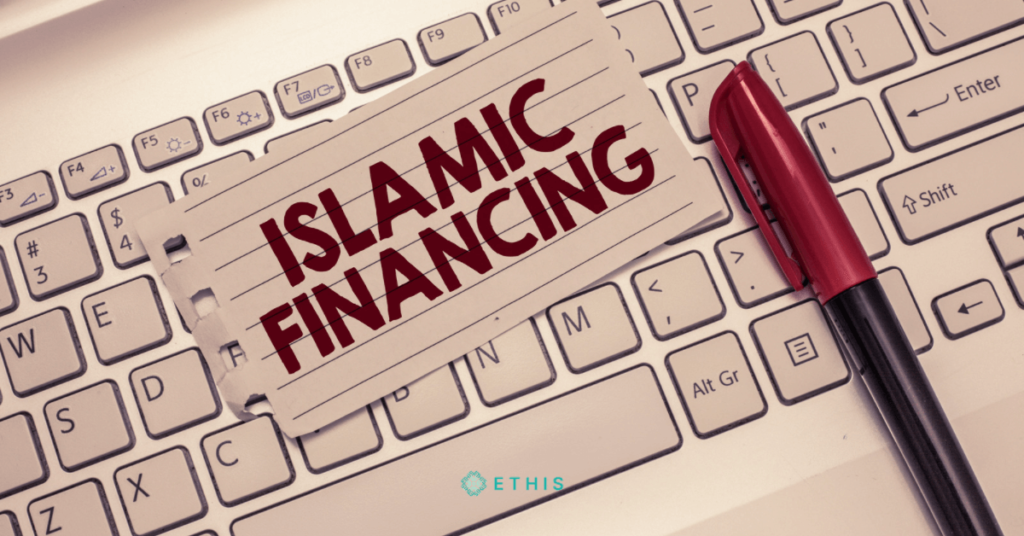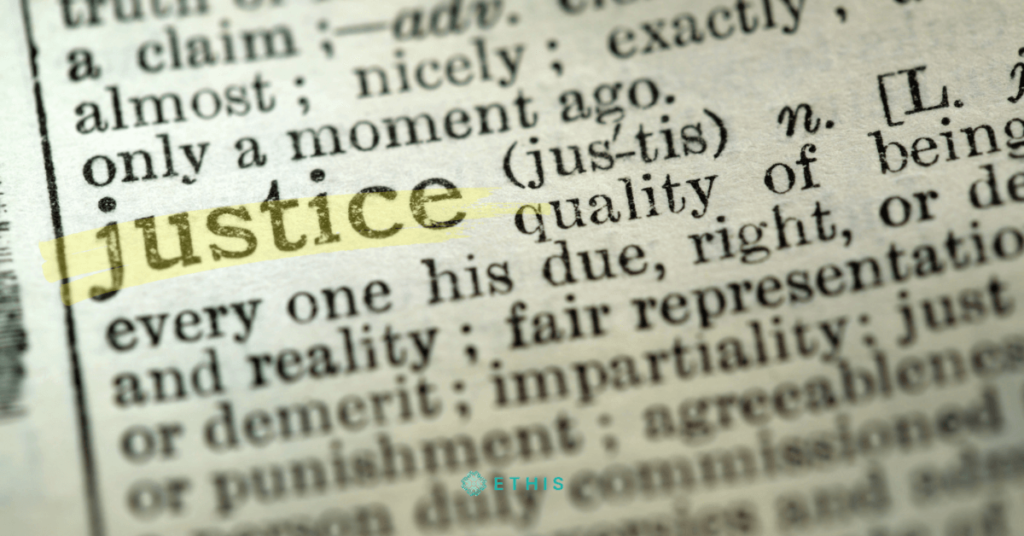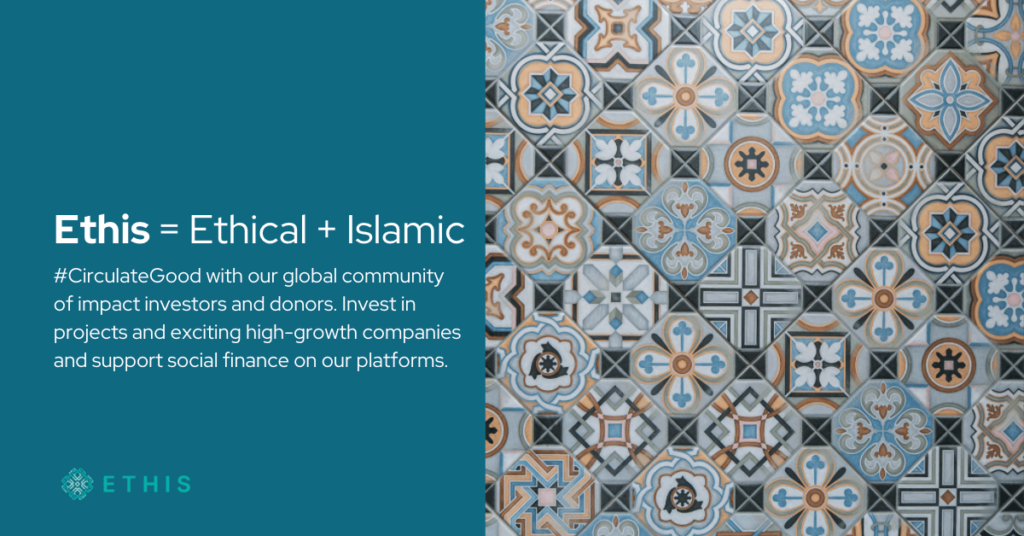
The Islamic finance sector has a vast geographic reach and offers a diverse range of shariah-compliant financial products, including retail banking, insurance, and stock market investments.
Islamic finance is founded on the concepts of Maqasid Al-Shariah, which are a set of guidelines designed to promote the well-being of the individual and the community. The elimination of poverty, the promotion of sustainable growth, and the improvement of standards of living are all important objectives of Islamic finance practice.
Some of the most important characteristics of Islamic finance include the prohibition of interest, the requirement of honesty and transparency in business operations, and the emphasis on social responsibility. The adoption of these universal values and morals is, of course, not limited to Muslims, but is shared by a great number of people who hold these values and morals in high regard.
Islam prohibits short selling, manipulation, and other shady operations that are prohibited by Islamic law (Shariah) as Islamic products and contracts are designed to be free of riba (interest), gharar (uncertainty), and maysir (gambling).
The concept of Islamic finance is not limited to Muslims, but is open to anybody who believes in the importance of honesty and fairness in financial transactions. Muslims regard Islamic finance as a viable alternative to the interest-based financial system.


What is Islamic equity crowdfunding?
Crowdfunding is a type of online activity where a large number of people, using the internet without standard financial intermediaries, make relatively little contributions.
Three fundamental parts of crowdfunding are can be identified: technology, capital finance, and crowd power. These three crucial factors allow numerous minor efforts to achieve a substantial financial result. Technology is not only a key component of crowdfunding, but it is also the backbone for these founders to expose their projects to the many potential backers, and this platform enables communication between founders and backers through features such as comments, project updates, and email exchange.
The founder is an individual or a group of people with diverse knowledge and experience seeking financial support to envision a product or project, present it clearly and convincingly to potential funders, or test an idea on the market. The supporting organisation must also fund market research, evaluate the founders’ ideas, and assess the project’s viability.
Islamic crowdfunding is based on the same principles as Islamic finance in its operation. It is fully compliant with Shariah law and is built on the concepts of wealth distribution and risk sharing, among other things. Islamic crowdfunding sites, in general, give preference to projects that have a beneficial social impact on their respective communities. Crowdfunding could therefore be a true instrument for halal funding if the principles of Islamic finance have been properly applied to organise the crowd-funding ecosystem.





A means to fund new sectors and startups during the COVID-19 pandemic
Small businesses in Malaysia are experiencing financial challenges as a result of the COVID-19 pandemic. We cannot ignore the difficulties that small and medium-sized enterprises (SMEs) have in responding to this outbreak, given the importance of these businesses to the country’s economic stability and resilience in general. Malaysia, Singapore, Thailand, the Philippines, and Indonesia are just a few of the countries that have been affected.
Retail stores were compelled to close as a result of the pandemic, and consumer supply networks were disrupted as a result. Since the implementation of the movement control order (MCO) in Malaysia on March 18, 2020, a wide range of important sectors have been impacted. The closure of restaurants, hotels, and resorts was the fundamental reason for the decline in demand for agricultural products. As a result of these restrictions, suppliers’ capacity to supply items to the markets were hampered.
Because Islamic equity crowdfunding is a component of Islamic fintech, it is a method of financing disruptive industries and small businesses in a way that allows society to distribute the advantages and obligations of all parties in a financial transaction equitably, in accordance with the ideals of justice and fairness that are acceptable under Islamic law.
As a result, investments in halal and socially responsible initiatives are made with a portion of the investment risks shared but no interest earned. Profit sharing will be provided fairly as an added benefit as a result of justice and fairness.


Ethis Malaysia, a member of the Ethis group, is an Equity crowdfunding platform that is Shariah-compliant.
The following are some noteworthy characteristics of Ethis:
A reliable and fully Shariah-compliant ECF platform In Malaysia.
– Has a great reputation and a track record of success.
– The Securities Commission of Malaysia has given its approval.
– A team and a community that is highly supportive.
– More information on how to raise funds through Ethis can be found at this page.







Top Posts
Islamic P2P Crowdfunding Explained
Halal Money Matters: How Muslims Can Balance Deen and Dunya with Smart Islamic Finance
Halal Investments for Singapore Muslims? It’s time for a shake-up in the Islamic Investments scene.
Smart investment for making Halal money
3 Reasons Why Property Crowdfunding is the Smart Investment for You